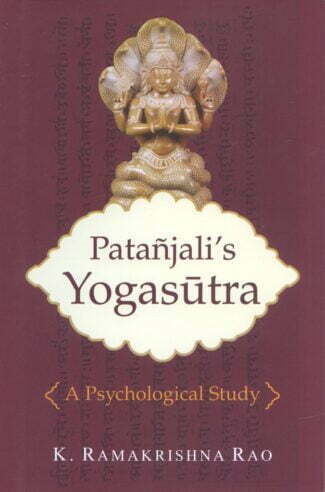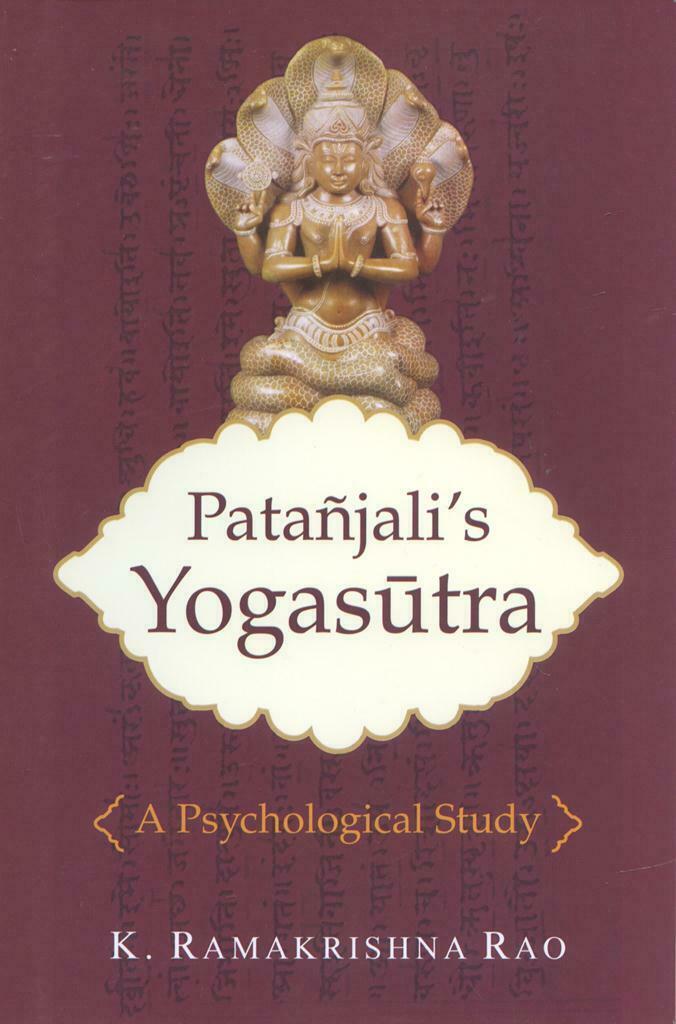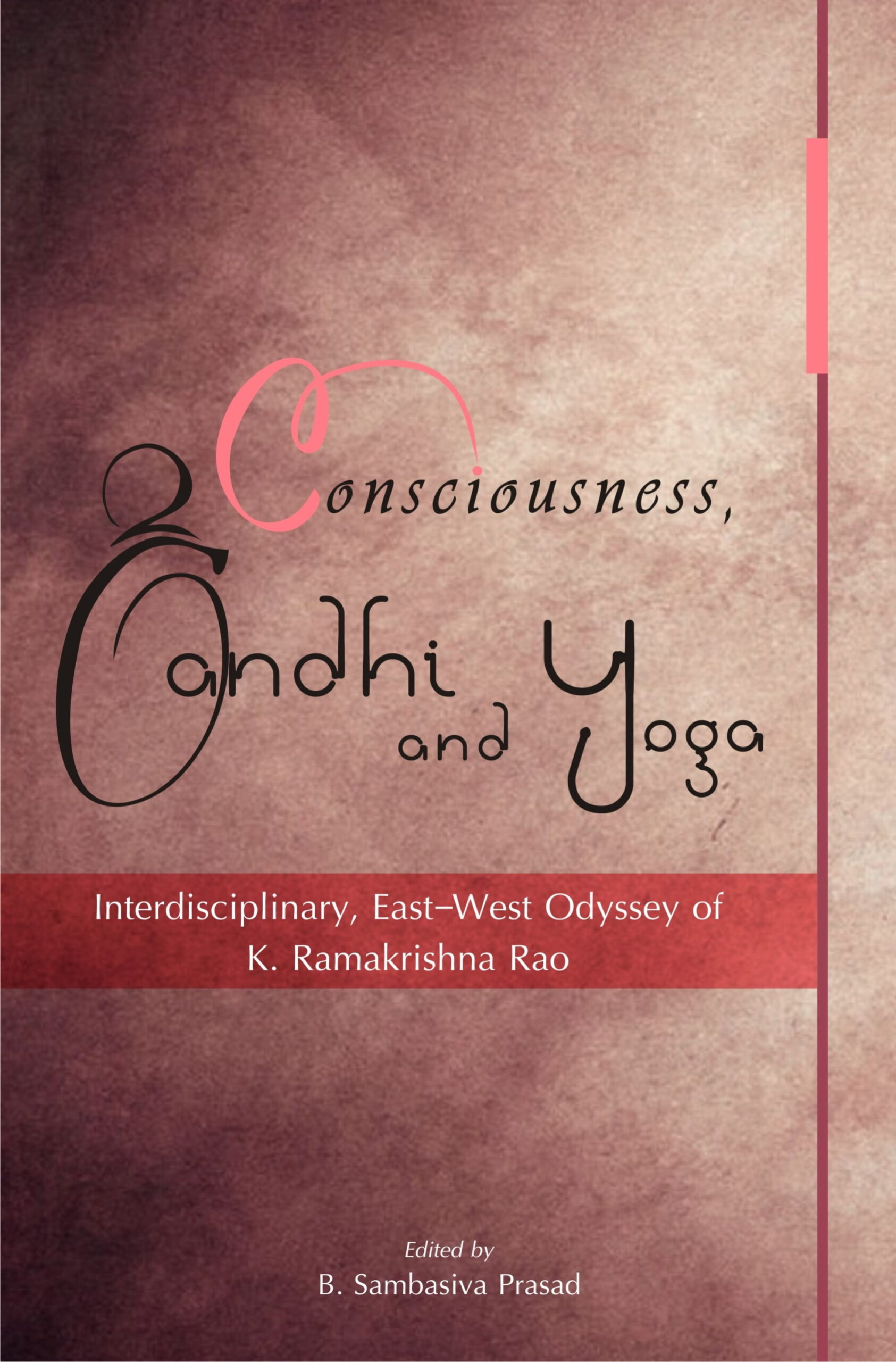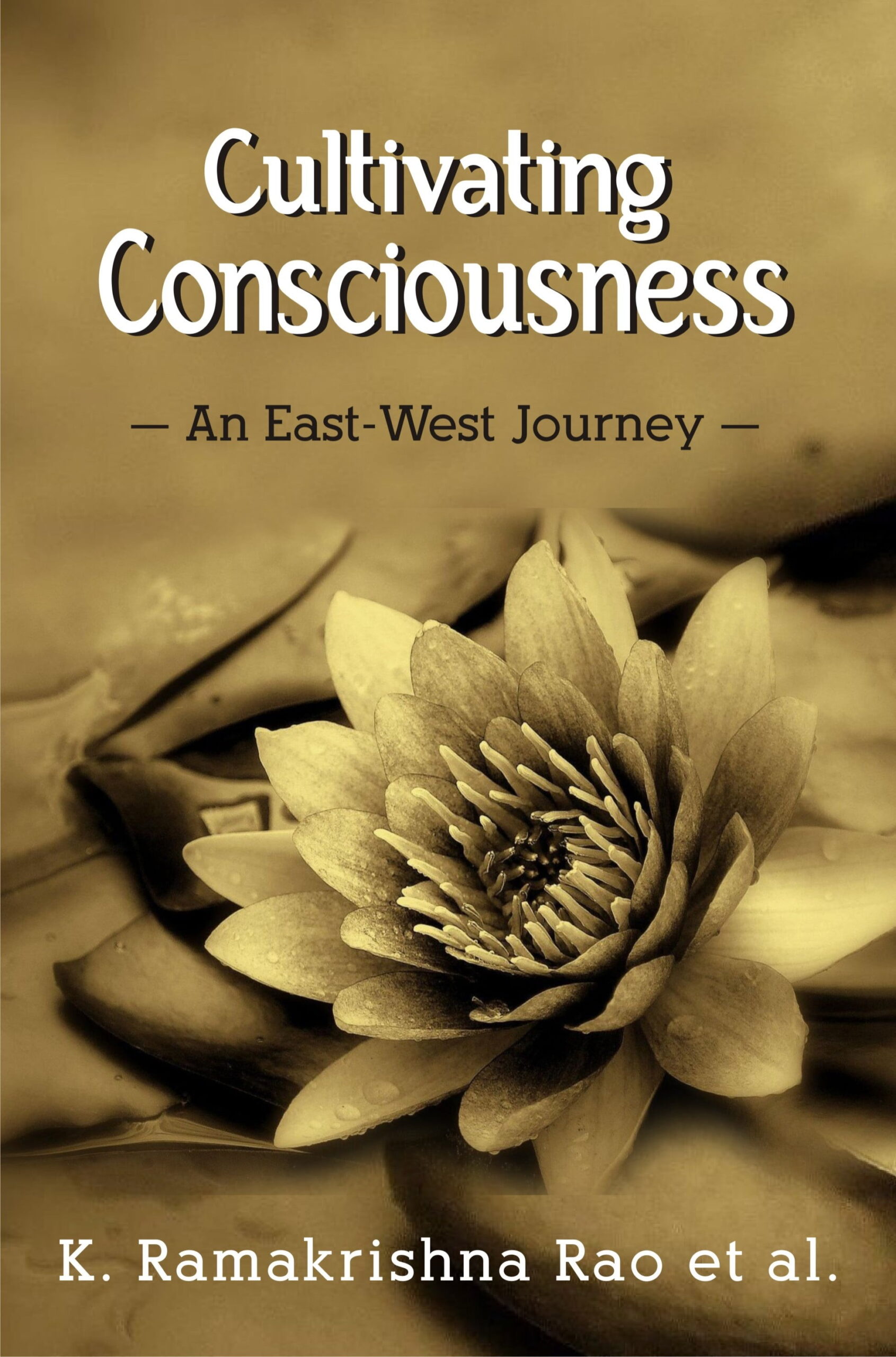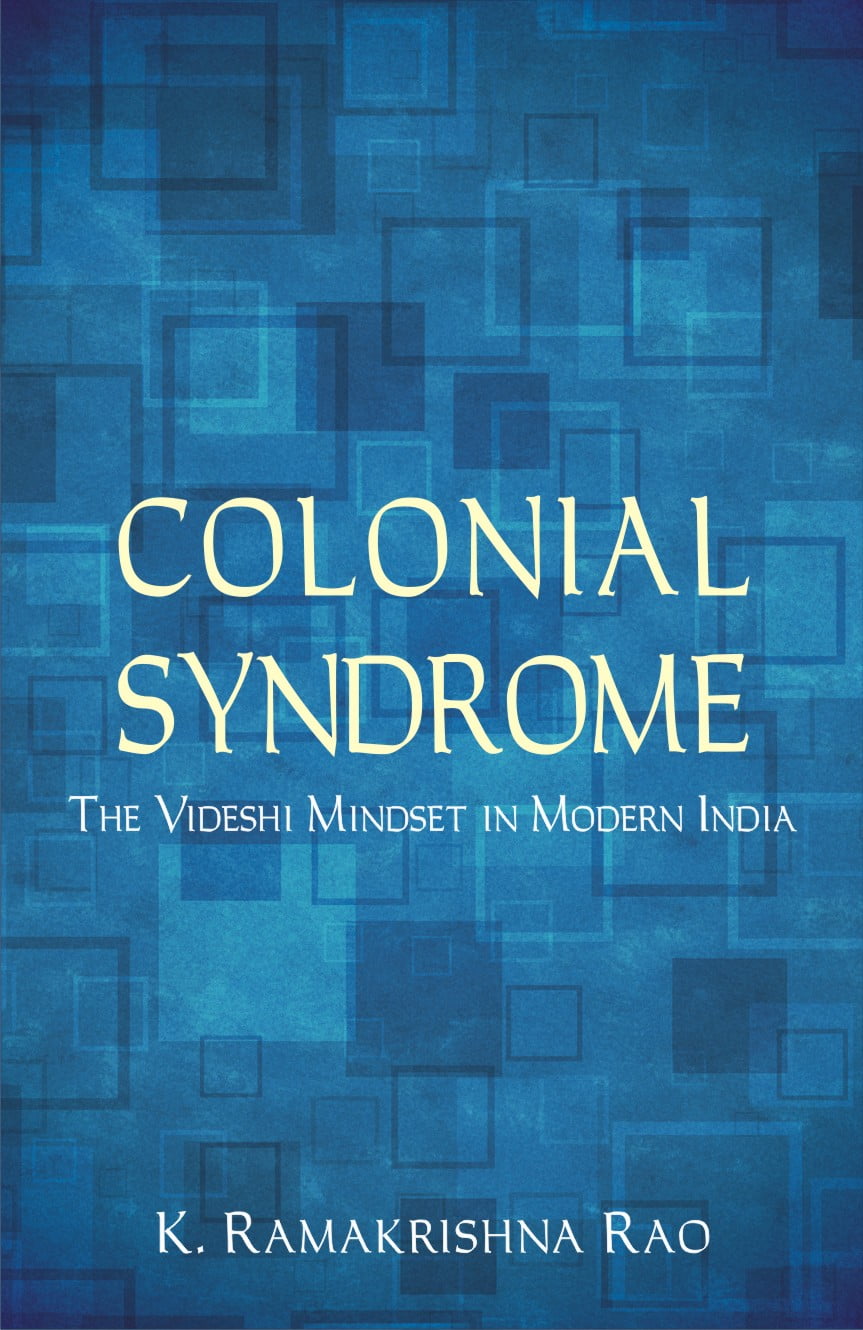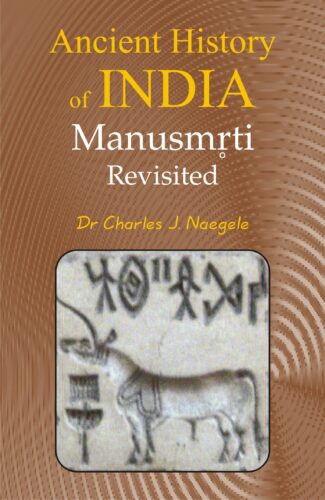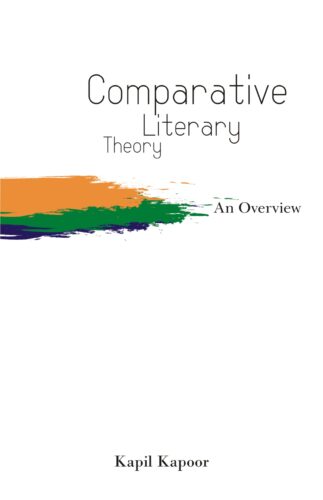

Patanjalis Yogasut...
Patanjalis Yogasutra
A Psychological Study by: K. Ramakrishna RaoThis volume thus provides the psychological context and the relevance of studies of yoga, based on Patanjalis Yogasutra, for advancing the existing psychological knowledge. Yoga psychology provides the foundation for Indian psychology, an emerging discipline rooted in classical Indian tradition, and enables one to experience self-actualization in life.
Original price was: ₹995.00.₹896.00Current price is: ₹896.00.
ISBN: 9788124609361
Year Of Publication: 2018
Edition: 1st
Pages : xii, 273
Bibliographic Details : Bibliography; Index
Language : English
Binding : Hardcover
Publisher: D.K. Printworld Pvt. Ltd.
Size: 23
Weight: 600
Patanjalis Yogasutra: A Psychological Study is an attempt at an English translation of Patanjalis Yogasutra with commentary rendered in current psychological idiom. It features an extensive Introduction to the context and attempts to draw out conclusions on the implications of yoga theory and practices to current psychological knowledge.
Yoga paradigm goes well beyond what is currently in vogue and provides a more fruitful model for studying and understanding human nature, both hidden and manifest. This volume thus provides the psychological context and the relevance of studies of yoga for advancing the existing psychological knowledge. Yoga psychology provides the foundation for Indian psychology, an emerging discipline, rooted in classical Indian tradition.
According to Indian psychology, the person is a unique composite of body, mind and consciousness, making a qualitative distinction between mind and consciousness. Self-actualization, the ultimate aim of a person, is realized by cultivating consciousness as-such, resulting in a kind of psycho-spiritual symbiosis, enabling a person to experience an all-around transformation.
Preface
1. Introduction
Yoga: An Inclusive Psychology
Connection between Consciousness and Mind
The Nature of the Person
Multiplicity of the Purushas
Conclusion
2. Yoga Towards a Tranquil State of Mind (Samadhi)
Introduction
Yogasutra of Patanjali
Background
On Samadhi
Theory of Mind
Control of the Mind
Concept of God
Hindrances to Control
Different Kinds of Samadhis
The Goal of Yoga
Summary
3. Yoga Practice (Sadhana)
Kriya-Yoga
Kleshas: Sources of Suffering
Karmashaya: The Receptacle of Karma
The Existential Anguish
The Seer and the Seen
Person as Embodied Consciousness
Eightfold yoga practice
Samyama: Meditation
Summary
4. Yogic and Supernormal Powers (Siddhis)
Five States of the Mind
Psychic Powers
Summary
5. Freedom, Peace and Perfection through Yoga (Kaivalya)
Yoga Epistemology and Ontology
Reaching Kaivalya
KleshaKarmaSamskara Nexus
Perception and Cognition
Connection between Consciousness and the Mind
Multiplicity of Purushas
Kaivalya: The State of Perfection
Summary
6. Metapsychology of Yoga
The Scope and Methods
Psychological Processes
The Existential Context and the Human Quest
Implications and Applications
Some Concerns
Is Indian Psychology Inclusive?
Is Detachment Psychologically Healthy?
Is Indian Psychology Pessimistic?
Summary
Bibliography
Index


